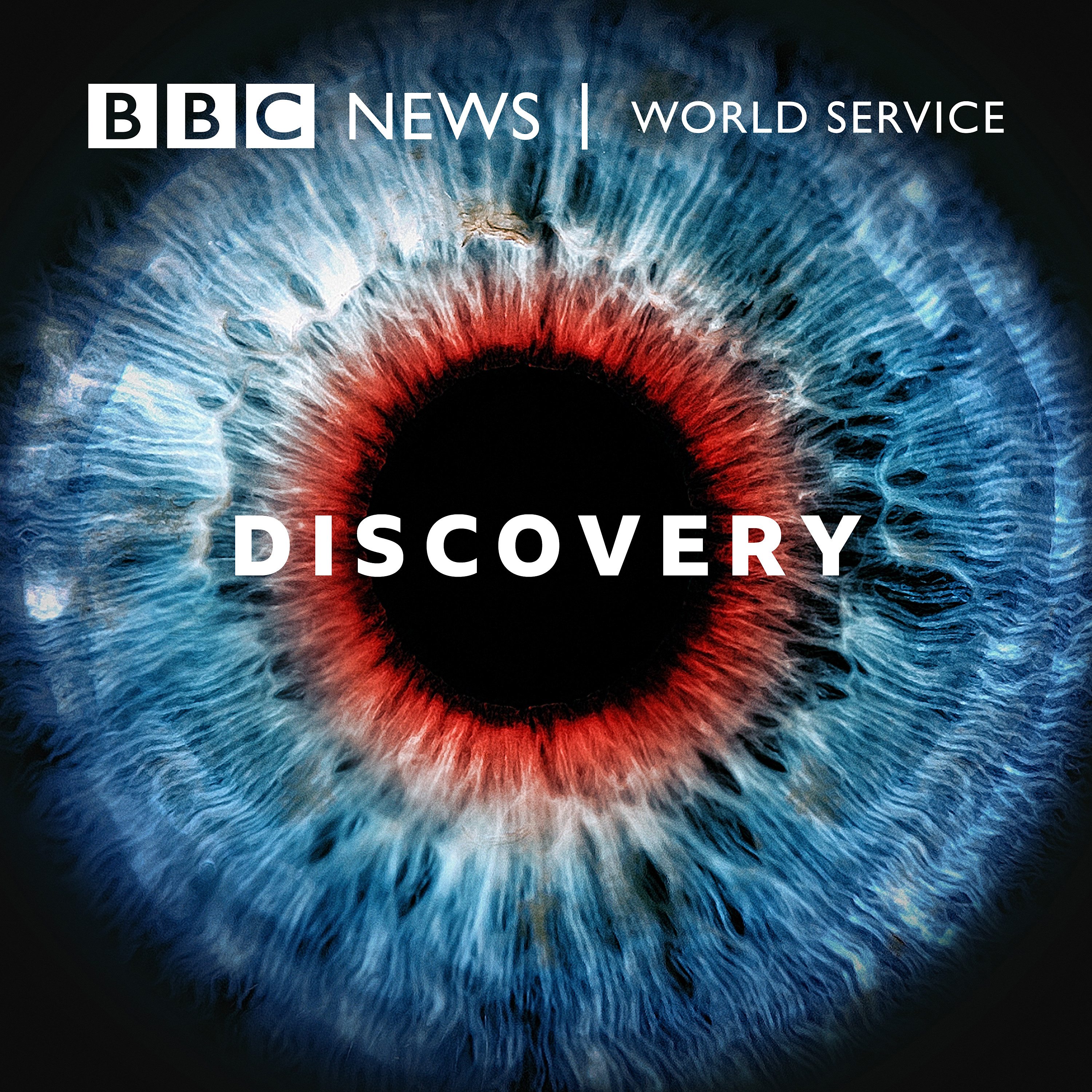
Discovery
Jan 24, 2022
Whilst watching a documentary about some poisonous frogs, Curio Janni in Amsterdam, started to wonder what would happen if a frog licked itself or another frog of the same species. She asks Dr Adam Rutherford and Professor Hannah Fry to investigate whether an animal would react badly to a toxin it itself produces? In essence 'can a venomous snake kill itself by biting itself?'
Of course the answer is complicated, but the sleuths know exactly who to ask.
Steve Backshall, award-winning wildlife explorer, best known for his BBC series 'Deadly 60'. Author of 'Venom – Poisonous Creatures in the Natural World'. Steve has been bitten, stung and spat at by a plethora of venomous creatures during his career. He also studied the first known venomous newt - the sharp-ribbed newt - a creature that has sharpened ribs that when it's under attack, it will squeeze its body force those ribs out through its skin, coating them in venom, which is then delivered into the mouth of an attacker.
Professor Nick Casewell, studies venomous snakes and their impact on humans. He works on treatments for snakebites at the Liverpool School of Hygiene and Tropical Medicine. Snakebites have a huge impact on communities in South Asia, Sub-Saharan Africa and South America. It's now been reinstated as one of the most serious neglected tropical diseases by the World Health Organisation. Traditional treatments - antivenins - can be expensive, difficult to access and don't always work - Nick is looking into alternative medicines to treat snakebite victims.
Dr. Ronald Jenner is Principle Researcher in the Comparative Venomics group at the Natural History Museum's Life Sciences, Invertebrates Division and co-wrote the book ‘Venom -the secrets of nature's deadliest weapon.’ He explains the evolutionary arms race between venomous predators and their prey and poisonous prey and their predators. He explains how resistance to venom has evolved and how venom has evolved to be more or less powerful over time, answering another Curio - Scott Probert's question on the evolution of venom.
Christie Wilcox wrote 'Venomous – How Earth’s Deadliest Creatures Mastered Biochemistry'. She studied the molecular basis of lionfish venom. Christie describes how venom and immunity to venom works at the molecular level.

